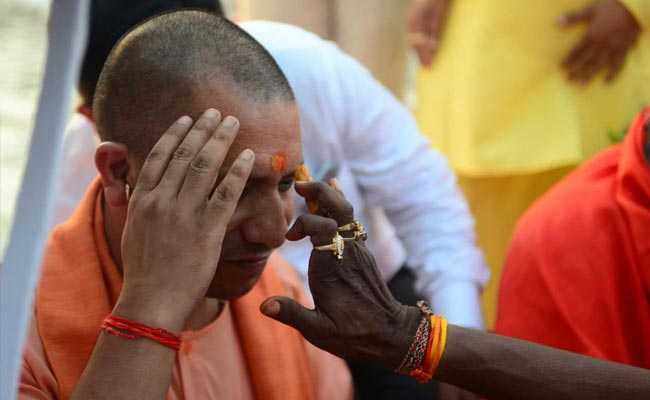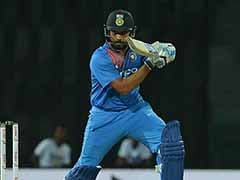The BSP chief's stunning last-minute decision to support bitter political rival Samajwadi Party (SP) in the Gorakhpur and Phulpur by-elections to the Lok Sabha has paid rich dividends. The BJP lost both high-profile seats which had been won by 3 lakh plus margins in 2014 by Uttar Pradesh Chief Minister Yogi Adityanath and his deputy, Keshav Prasad Maurya.
While Phulpur has seen loyalties shift - from the Congress to the Samajwadi Party followed by the BSP and the BJP which won this constituency during the 2014 Modi wave - Gorakhpur has remained a saffron bastion, unflinchingly faithful for the last 30 years to the powerful Gorakhnath temple and its head priests Mahant Avaidyanath and his disciple, Yogi Adityanath who between them have won eight successive elections from here.
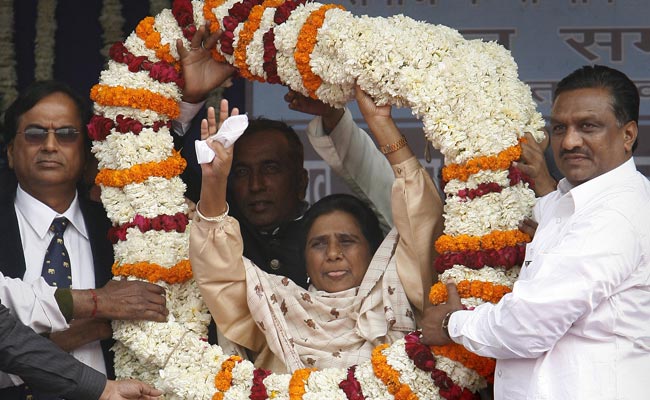
BSP chief Mayawati's decision to join hands with Akhilesh Yadav's Samajwadi Party has paid off
Because for the first time in over two decades, the BSP and SP decided to fight together and not against each other in the politically key state of Uttar Pradesh. Mayawati didn't put up a candidate in either by-election. She supported those of SP chief Akhilesh Yadav instead.
In Phulpur, adjoining Allahabad, the BSP claims that a 'sangam' (confluence) of its votes with those of the SP worked because it says the 5.5 lakh Dalit voters in the constituency transferred their loyalties to the SP at Behen-ji's request. "It was not easy to convince them," an elated Ashok Gautam, zonal head of the BSP, told NDTV today. "We had only one week in which to visit hundreds of villages. We told the people that the time had come to repay our debt to the Kurmi king Chhatrapati Shahuji Maharaj of Kolhapur who supported Babasaheb's Ambedkar's studies and career - by voting for another Kurmi in this election. And that since both the SP and BJP had put up Kurmi candidates, they must support Behen-ji's choice".
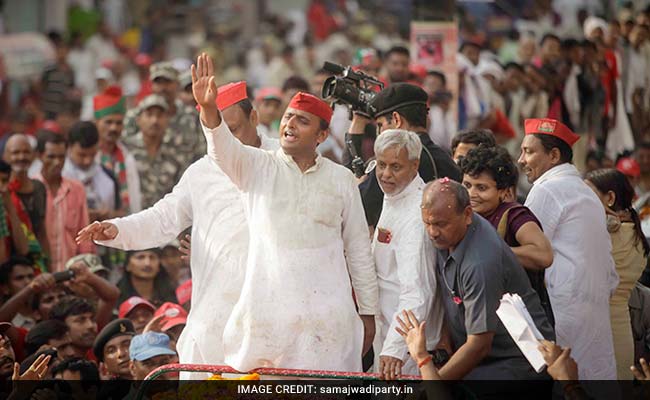
SP chief Akhilesh Yadav's new social engineering has worked on the ground
For months, lower and backward castes in Uttar Pradesh have felt insecure about the prominence given to upper castes - Adityanath is a Thakur, for example, just one notch lower than a Brahmin in the caste hierarchy. The candidate in Gorakhpur, his home turf, was a Brahmin.
It is not just the BSP that can claim to have played a starring role in the SP's blockbuster victory. A host of caste-based outfits which had cropped up in UP before the 2017 assembly polls decided to support the SP, Among them is the Gorakhpur-based Nirbal Indian Shoshit Aam Dal, (NISHAD), whose national secretary, Pravin Nishad, was chosen as the SP's candidate. A 29-year-old engineer from the Nishad or fishermen community (Gorakhpur has around 3.5 lakh Nishads), he was also being backed by the Peace Party of Pasmanda or Scheduled Caste Muslims and a section of the OBCs and MBCs who allege the BJP has ignored their political aspirations after the state election last year which saw the state turned over to Adityanath.
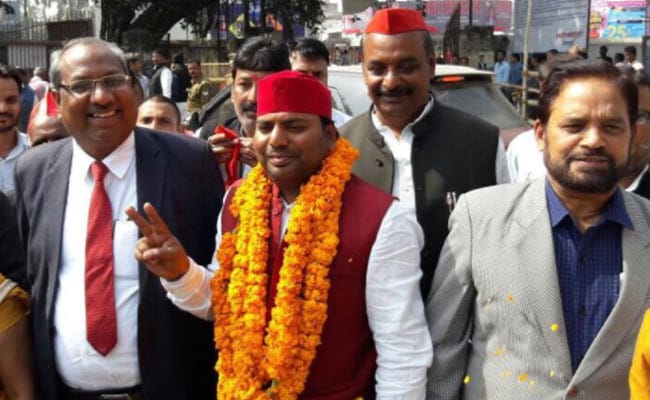
Pravin Nishad, from the fishermen community, has won Gorakhpur for the Samajwadi Party
That the BJP was nervous about the outcome of the Gorakhpur and Phulpur by polls was obvious even before Mayawati called a temporary truce on her 24-year-old feud with the Samajwadi Party . The campaigns in both Lok Sabha constituencies were driven from the start not by the contesting candidates, but by their outgoing MPs, Yogi Adityanath and his deputy, Keshav Prasad Maurya.
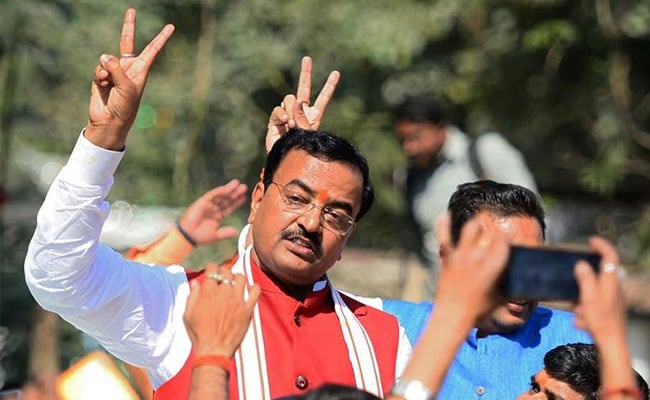
Uttar Pradesh Deputy Chief Minister Keshav Prasad Maurya was unable to consolidate his 2014 victory in Phulpur (File photo)
Meanwhile, Yogi Adityanath, unsure whether issues of development would find any resonance in Gorakhpur where more than 1,300 children lost their lives at the main local hospital last year due to alleged medical negligence, stuck to his communally-divisive rhetoric, exhorting the crowds to reject the Samajwadi Party or the "rule of Aurangzeb", referring to the support it draws among Muslims.
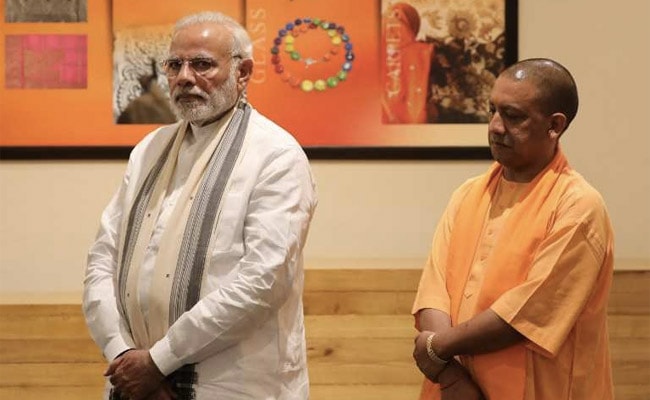
Yogi Adityanath was the face of the BJP's campaign for Gorakhpur and Phulpur, calling in no star campaigners from the centre
Yogi's task was made more difficult by the invisibility of the BJP candidate, Upendra Dutt Shukla, who was unwell during the campaign. In any case, there was little enthusiasm amongst the people of Gorakhpur for Yogi's successor who was relatively unknown outside the party organisation. As the Chief Minister stepped up for Mr Shukla, the opposition repeatedly pointed out to the voters that Yogi Adityanath was not contesting the polls this time round; the Chief Minister's response that he was indeed contesting - in the form of Upendra Shukla - rang hollow.
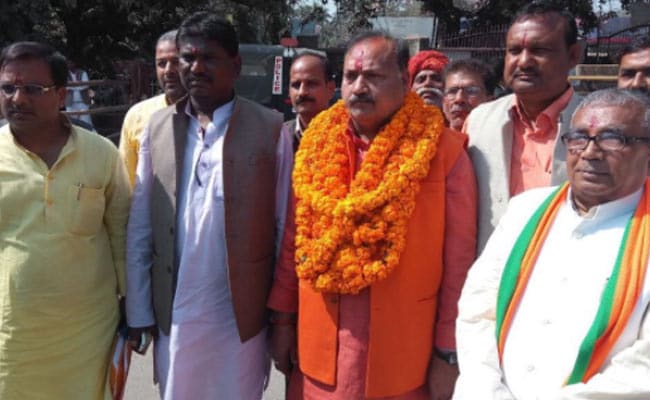
Upendra Shukla is the first Brahmin candidate fielded by the BJP in Gorakhpur in 30 years
Comments
"It shows that a well-oiled election machinery like the BJP can also break down when all the promises made by the PM on ending corruption and providing jobs begins to sound hollow. You can't win elections forever simply by managing booths, you need to stop farmer suicides and bring the Nirav Modis of India to justice first,'' the firebrand Samajwadi Party leader, Richa Singh, told NDTV from Allahabad.The most keenly-watched political experiment ahead of the 2019 Lok Sabha election has worked for the opposition. "It is a lesson for us", Yogi Adityanath said this evening, adding, "we underestimated the impact of the BSP-SP alliance."
